Leonidas I
(C. 540 – 480 BCE)
King of Sparta, Sentinel of Thermopylae
There’s nothing glamorous about beginning life in Sparta. Babies arrive like livestock, inspected for flaws, and kept only if they promise a decent return on investment. Leonidas enters the world as a third son—an afterthought in a society that doesn’t waste thoughts on the after. No omens split the sky, no seers gasp, no chorus hums in the background. He’s just another boy fed to the state’s grinder, destined to spend his early years hungry, barefoot, and surrounded by other children trying to kill him in socially approved ways.
The agoge shears him down to a survival engine. Sleep becomes a loan; food becomes an idea; affection is mythological. Boys learn to steal with dignity and die with silence, and Leonidas does both well enough to remain unburied. Later legends will sculpt him into a prodigy—stronger, wiser, chosen. But the truth has iron teeth: he is perfectly average by Spartan standards, which means he is horrifically dangerous by everyone else’s.
His path to kingship has all the majesty of bureaucratic shrapnel. One brother, Cleomenes, burns through Sparta like a mad comet—brilliant, erratic, gone too soon. The other, Dorieus, storms off to win his own empire and instead manages to win a plot in a Sicilian cemetery. By process of elimination, the crown drops onto Leonidas’ head like a bronze bucket he didn’t ask to wear. Spartan kings do not strut; they navigate a web of laws designed to keep them humble, predictable, and frequently miserable. Leonidas inherits power the way a soldier inherits a shield: heavy, dented, and non-negotiable.
Then Persia rises in the east, continent-wide and hungry.
The empire of Xerxes doesn’t march; it rolls. Cities fold, islands tremble, and the Aegean becomes the world’s most dangerous waiting room. Greek city-states, allergic to unity, argue over everything except the obvious fact that an empire capable of paving mountains with corpses is coming straight at them. Sparta squabbles over religious festivals, as if the Persians will politely postpone their invasion until the priests finish singing.
Leonidas sees the shape of what’s coming long before the rest of Greece pulls its head out of the sand. He doesn’t deliver grand speeches or thunderous warnings. He simply prepares to die usefully, Spartan-style.
Thermopylae becomes the chosen killing field—not because the gods whisper it, but because geometry never lies. A narrow throat of land where Persian numbers would collapse into useless clumps, where cavalry would founder, arrows would be wasted, and the field would shrink from empire-sized to human-sized. It was the perfect place for a few thousand stubborn lunatics to make the world choke on their silhouettes.
Sparta can’t send its full army, of course. The calendar says it’s a religious holiday, and the ephors guard tradition more fiercely than they guard the coastline. So Leonidas takes a royal guard of three hundred men—all fathers, all aware that this is the opposite of a round trip—and gathers allies along the way. Roughly seven thousand march under his command, though only three hundred will be mythologized, tattooed, and sold as gym posters for centuries.
In the pass, the first days are a murderously beautiful demonstration of physics. The Persian waves smash forward, confident, glittering, loud—and break on the silent, grinding pressure of the Greek phalanx. Shields lock. Spears stab with metronomic cruelty. Men scream; the Spartans do not. Persian dead stack like cordwood, and even Xerxes, watching from a throne hauled across half the world, realizes his elite Immortals look alarmingly mortal when jammed into terrain built for slaughter.
Leonidas does not rant or roar or pose. He just holds the line with the grim efficiency of a man who has already made peace with the fact that he is not leaving this corridor alive. It is a soldier’s kind of heroism—silent, procedural, soaked in sweat and other people’s blood.
Then comes Ephialtes, a local with a treacherous spine and a future that includes his name becoming a global synonym for “that guy.” He reveals the mountain path that curls behind the Greek position. This is not divine betrayal; it is simple human predictability. Someone always sells the map.
When the news reaches Leonidas, he does not curse fate or cry to the heavens. He sends most of the Greeks away, knowing they can be useful later, and stays with those who either refuse to leave or are too bound by honor—or politics—to walk out.
The last stand is the opposite of cinematic. Spears shatter first. Then swords break, bent from hacking through armor and bone. Shields become half-rotted battering slabs. The ground turns slick with blood, then sticky, then treacherous. Fighting becomes wrestling in a landscape made of corpses. Men slip on faces they crushed moments before. Every breath tastes of iron and smoke and the metallic edge of imminent death.
Leonidas falls—no one records the exact moment. Maybe he is cut down in a surge of Immortals, maybe he collapses from exhaustion after hours of attrition. Herodotus claims the Spartans recover his body multiple times, dragging it back from Persian hands as if it were a relic that must not be desecrated. Whether this is fact or patriotic embroidery, it aligns with Spartan burial instinct: a king’s corpse is a symbol, and symbols are weapons.
The Persians eventually drown the battlefield in arrows—an ending less noble than necessary. Xerxes orders Leonidas’ head nailed to a stake, a gesture meant to crush morale. History, with excellent comedic timing, ensures the opposite happens. One king’s head ends up as a desert ornament; one empire ends its campaign in retreat.
Thermopylae is not a victory. It is something darker and more effective.
It buys time.
It buys clarity.
It buys the psychological shift that transforms a dozen bickering states into something resembling a continent willing to fight.
Without the delay at the pass, the fleet at Salamis does not get the hours it needs to arrange the trap that will tear the Persian navy to ribbons. Without Salamis, the Greek mainland is another imperial province. Without Leonidas, the timeline bends somewhere ugly.
His death becomes the most useful thing he ever did.
Afterward, centuries treat him like a lump of soft clay and reshape him however they please. Renaissance artists turn him into the patron saint of stoic masculinity. Revolutionaries draft him as a mascot for resistance. Modern storytellers sculpt him into a leather-clad demigod shouting historical inaccuracies with beautiful abs. Everyone wants a piece of Leonidas because men who die in narrow places become morally portable.
What remains—after the paint, the poses, the propaganda—is a simpler figure. A man who was not destined for a throne, who did not command legions, who never saw himself as a symbol. A soldier-king who understood that sometimes the most important battle is the one you lose in the right place at the right time.
His legacy leaves no body, no preserved tomb, no reliably sculpted likeness. Everything physical is lost. What survives is the echo of a decision, the outline of a man carved into a choke point where the world briefly held its breath.
Leonidas stood in a slit of land between mountain and sea and turned a delay into a legend, a death into a lever, and a king into a warning that sometimes the smallest stand can tilt empires.
In the end, all that’s left is the silhouette: a man built for obedience who, in a narrow corridor, made defiance unforgettable.
Warrior Index #169
References:
Herodotus. The Histories. Translated by Aubrey de Sélincourt. Revised by John Marincola. Penguin Classics, 2003.
Plutarch. Lives: Lycurgus. Translated by Bernadotte Perrin. Harvard University Press, 1914.
Cartledge, Paul. Thermopylae: The Battle That Changed the World. Vintage Books, 2007.
Holland, Tom. Persian Fire: The First World Empire and the Battle for the West. Anchor Books, 2006.
Rahe, Paul A. The Grand Strategy of Classical Sparta: The Persian Challenge. Yale University Press, 2015.
Stathakis, Leon. Three Hundred Men and One Really Bad Weekend. Sparta: Imaginary Press, 480 BCE. (Recovered from a shield that looked suspiciously chewed on.)


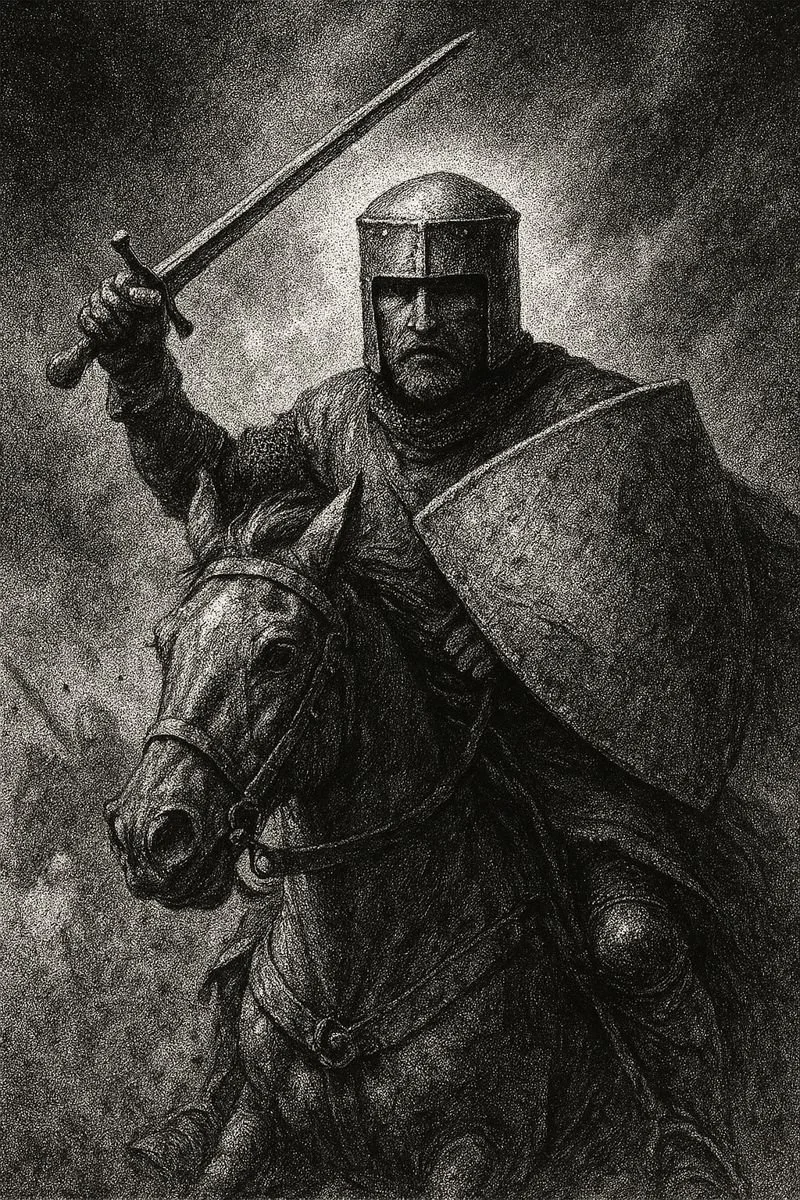

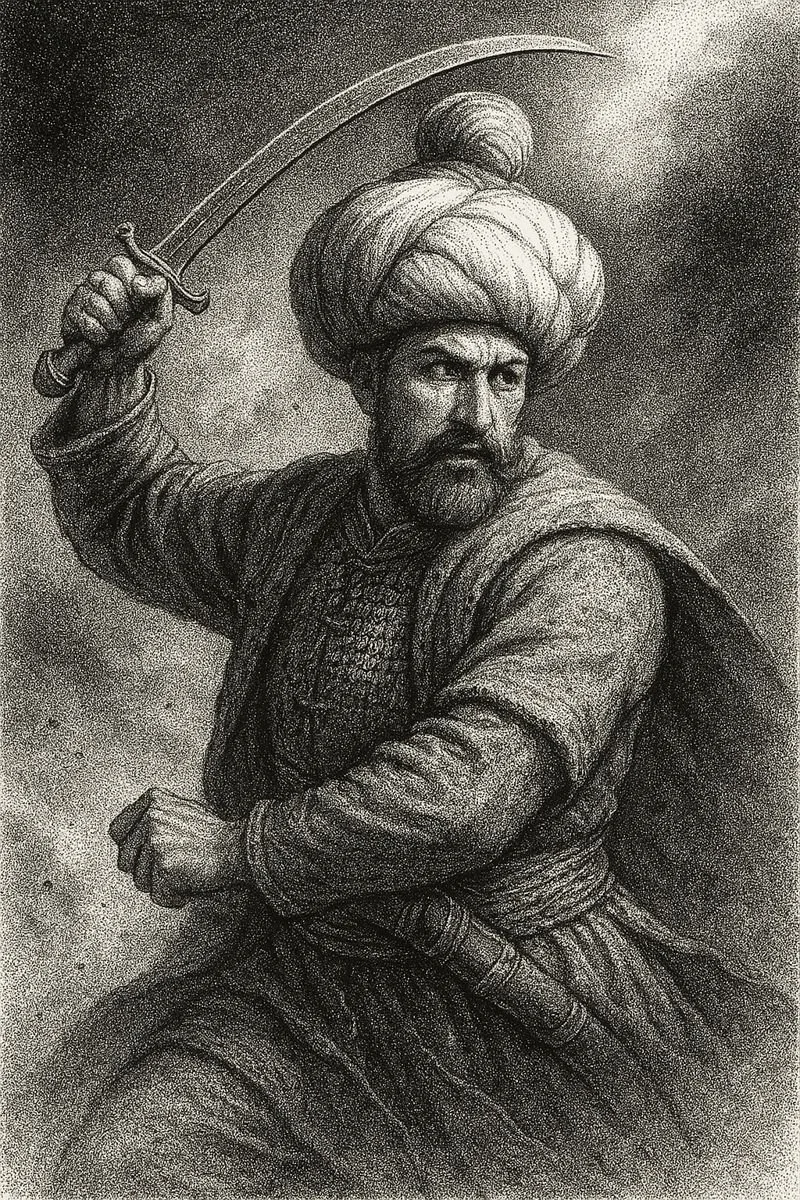
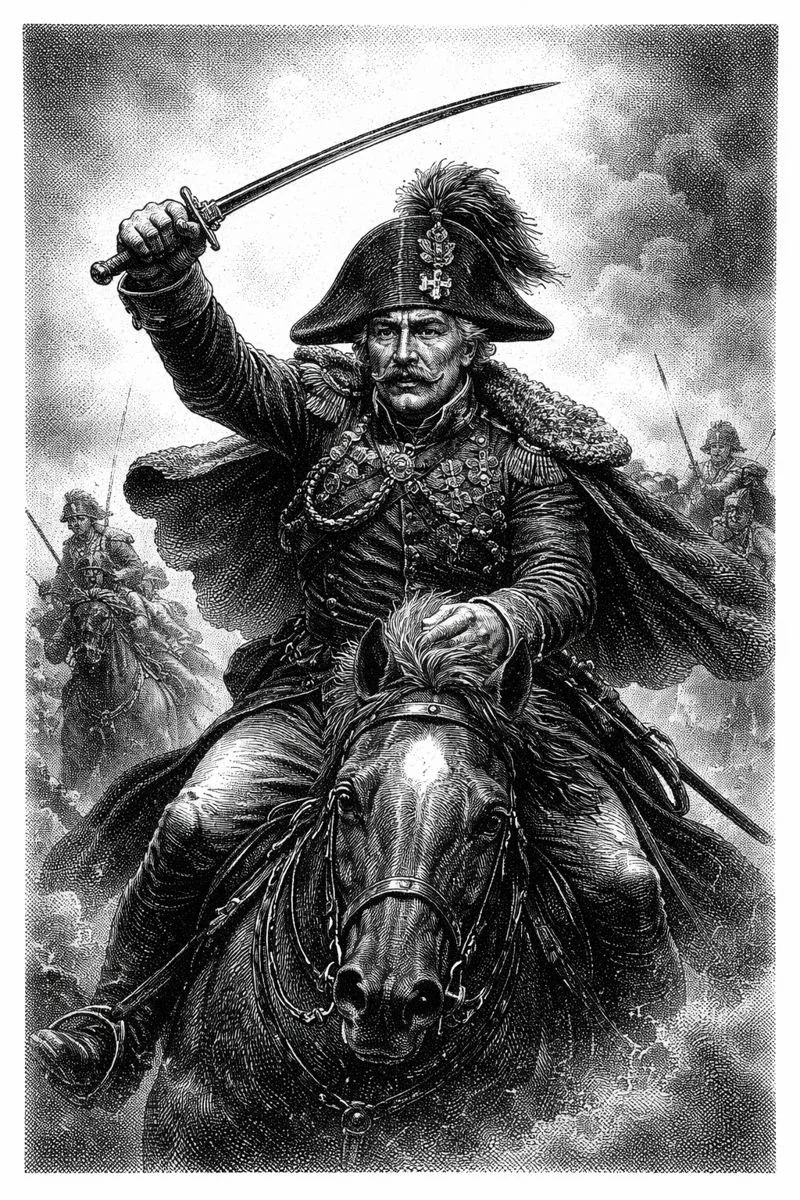

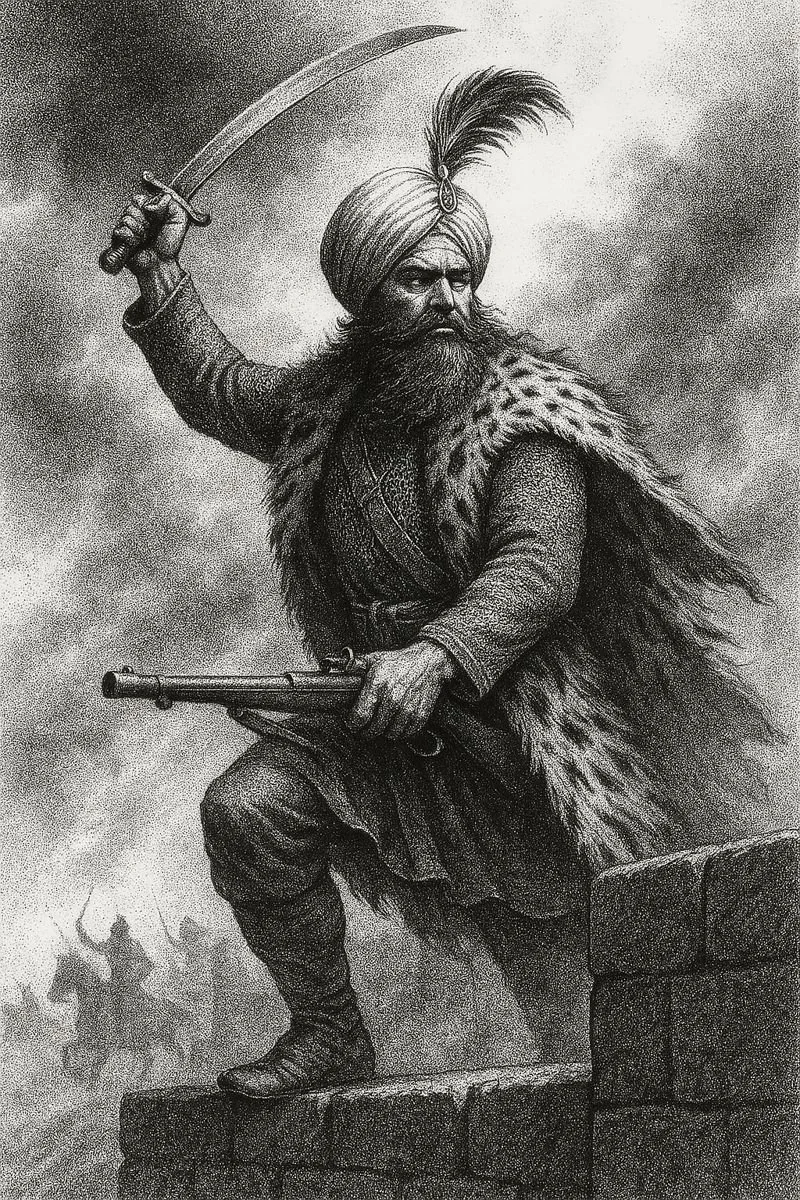
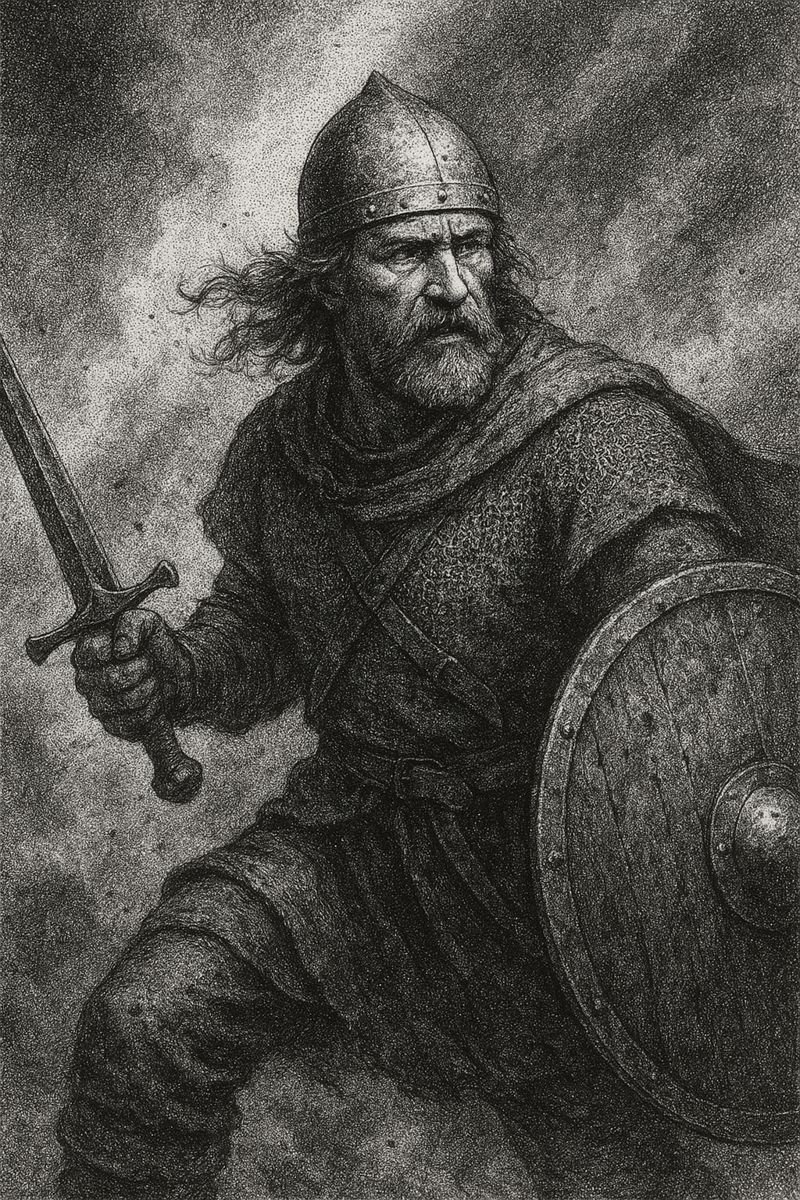
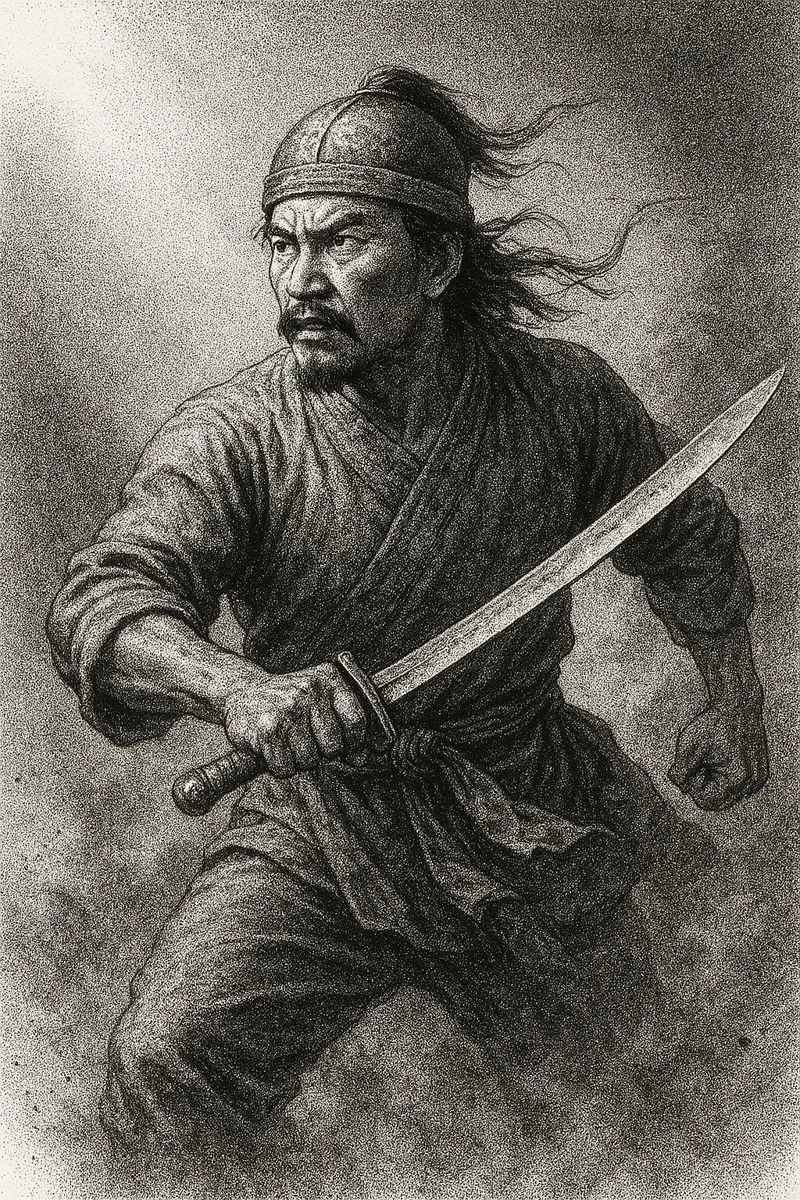

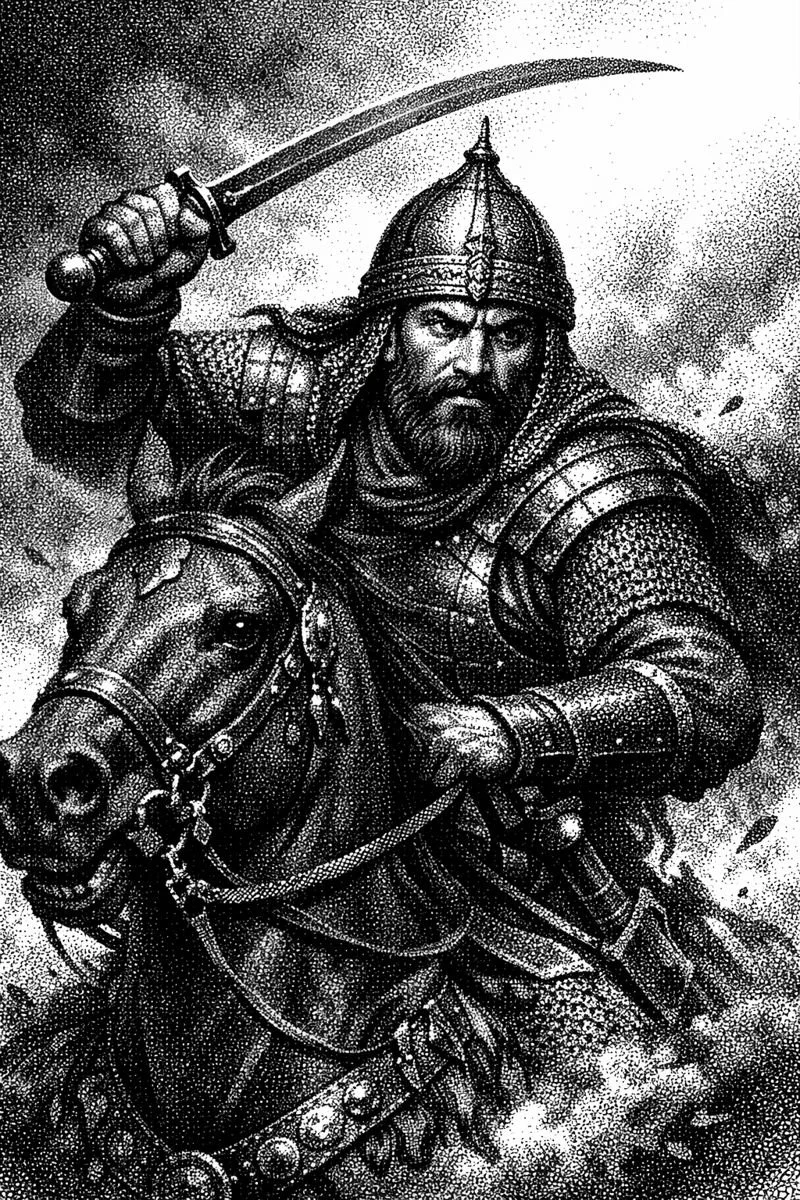
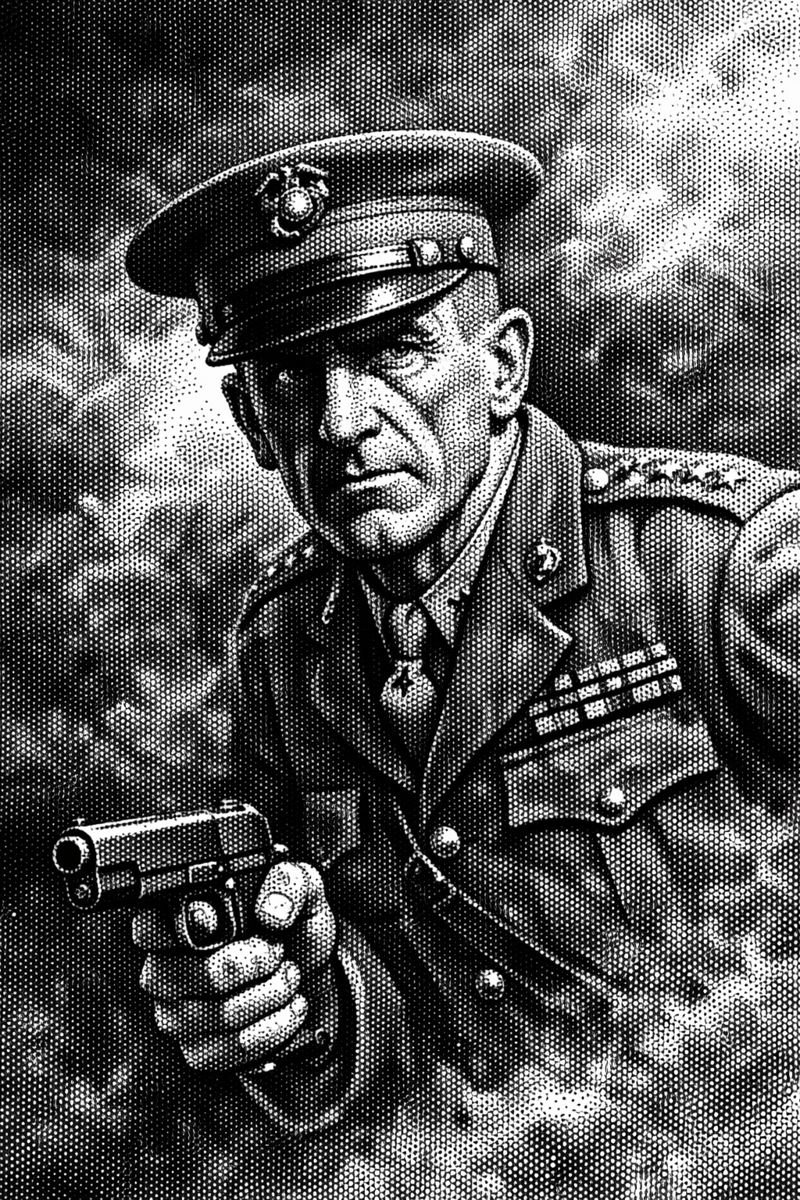
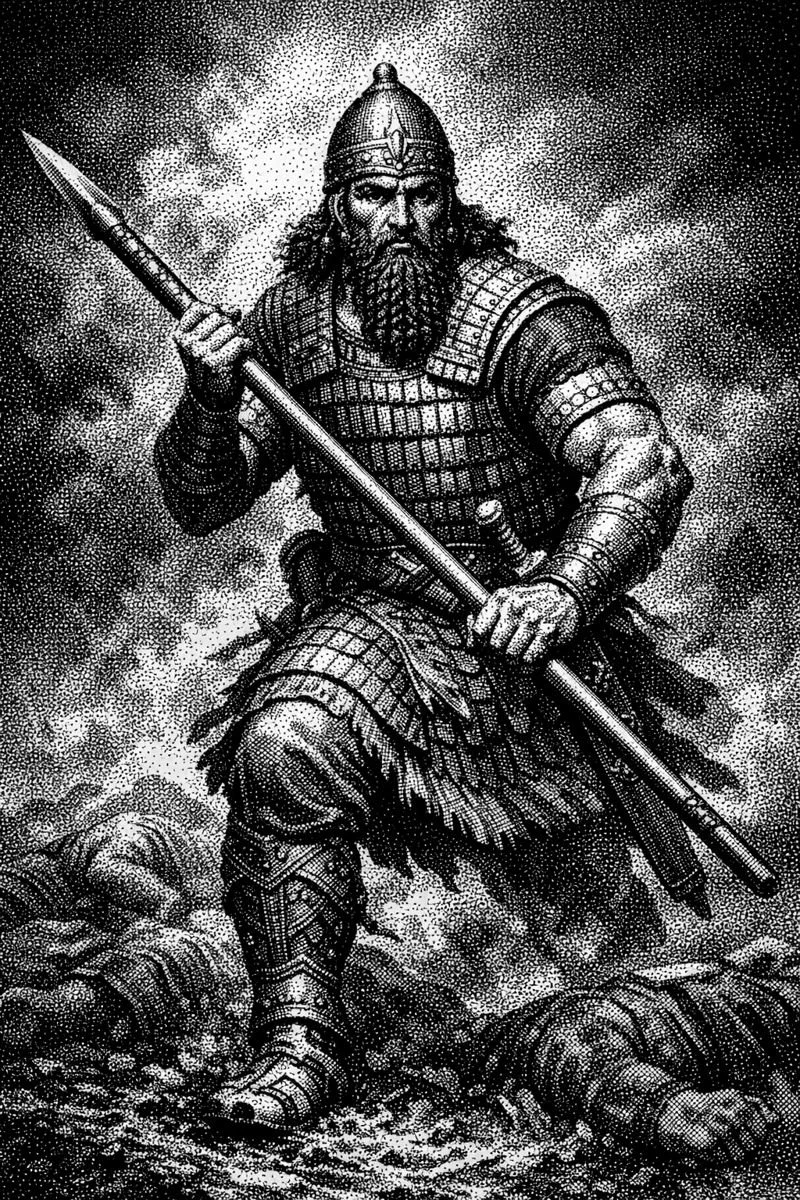
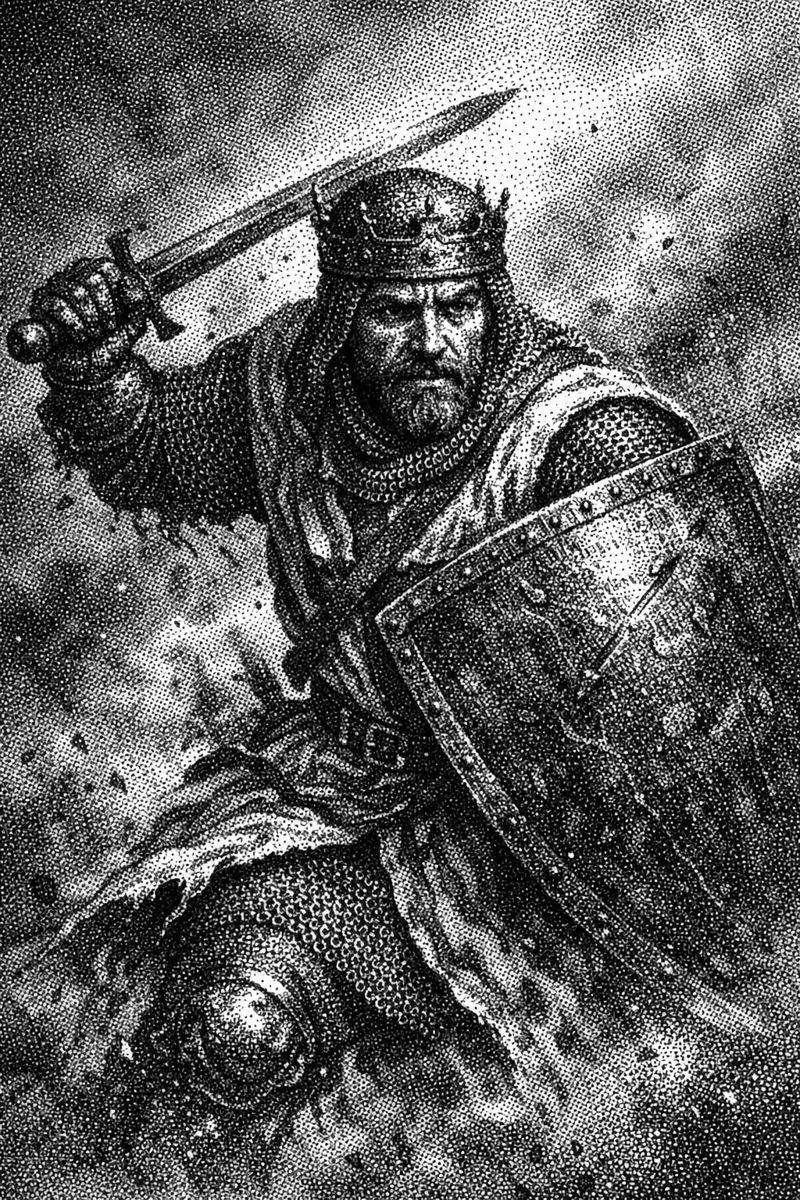
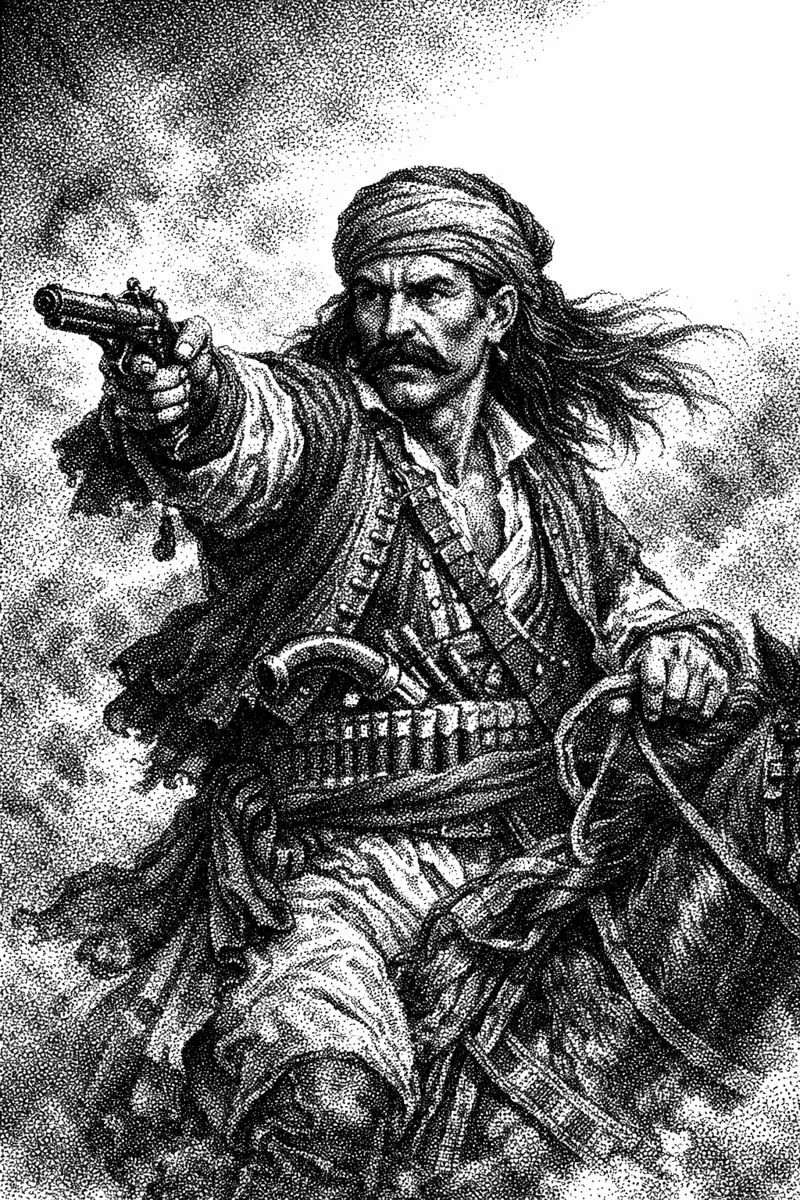
U.S. Army officer whose calm, uncompromising leadership at the Battle of Ia Drang defined modern airmobile warfare and the brutal reality of command under fire.
Rank - 139